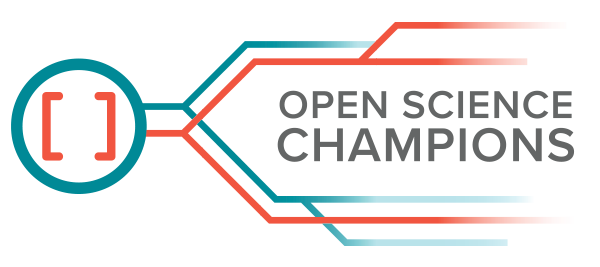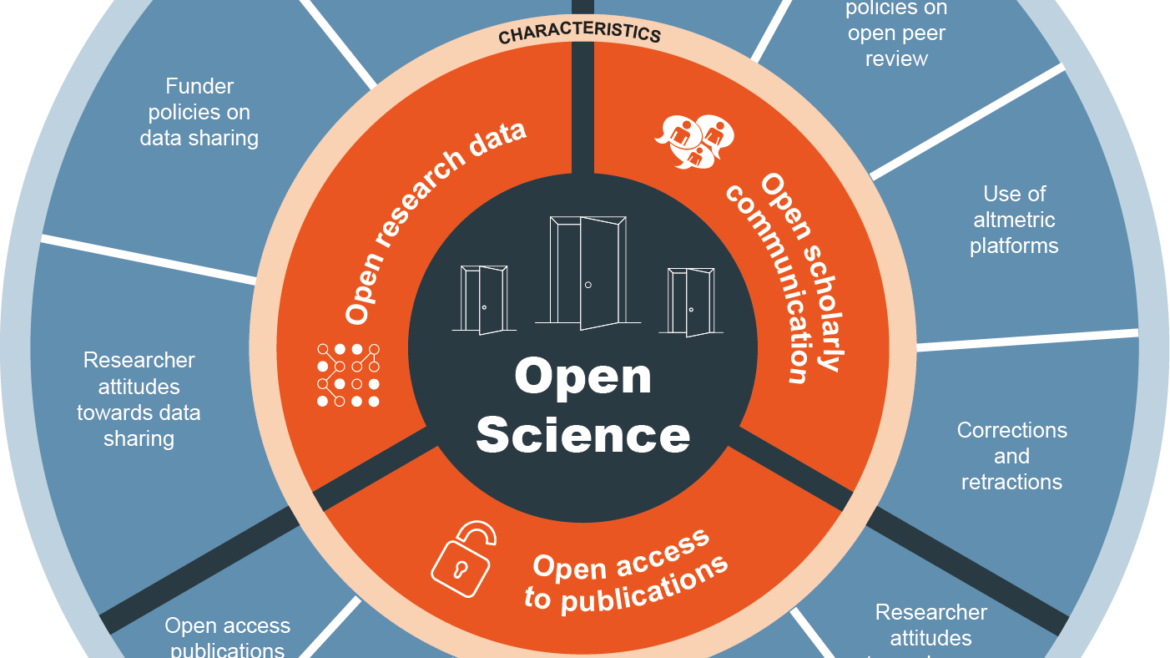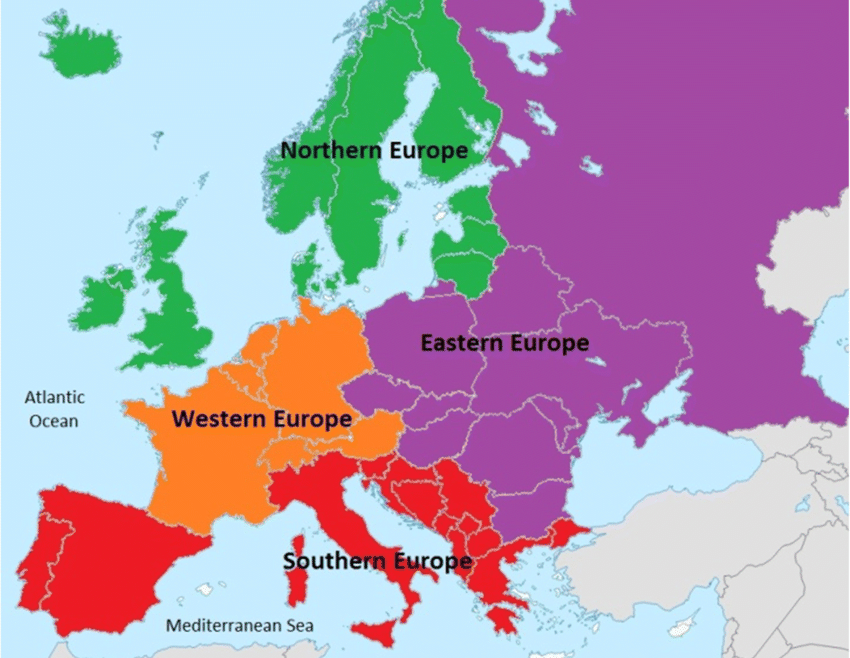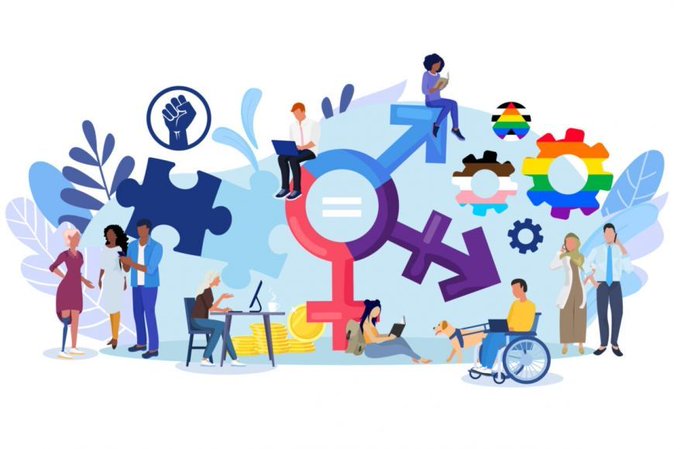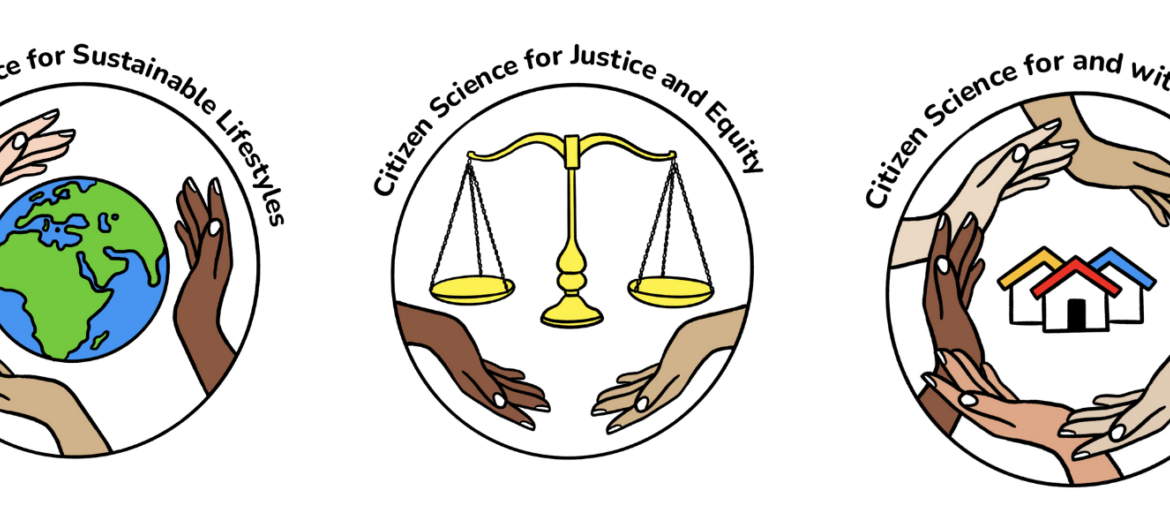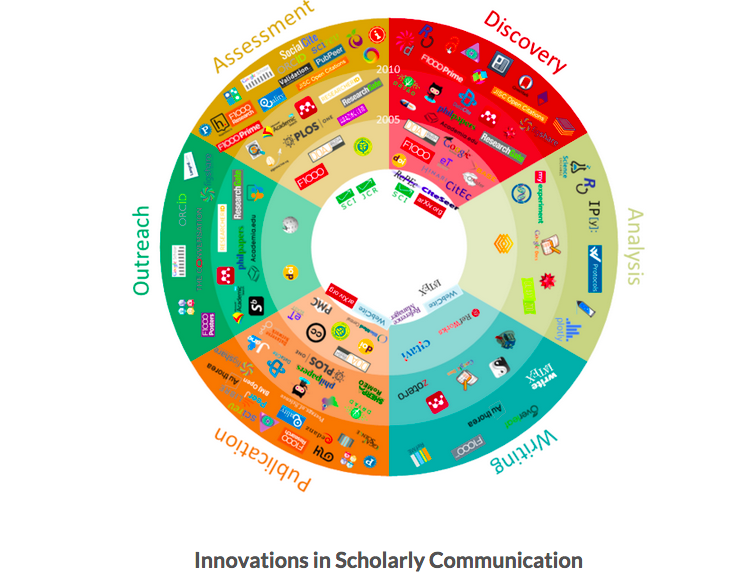How Open Access is Challenging Publisher Monopolies
How Open Access is Challenging Publisher Monopolies https://opusproject.eu/wp-content/uploads/2024/02/d4.jpg 639 400 Open and Universal Science (OPUS) Project https://opusproject.eu/wp-content/uploads/2024/02/d4.jpgToday, I want to dive into a topic that’s causing ripples in the academic world: the disruptive force of open access on publisher monopolies. Now, you might be wondering, what’s the big deal with open access, and why should we care about challenging publisher monopolies? Well, my friends, buckle up because we’re about to embark on a journey through the fascinating realm of academic publishing.
Let’s start with the basics. Academic publishing has long been dominated by a handful of big players who hold the keys to accessing scholarly research. These publishers wield immense power, controlling the dissemination of knowledge and reaping hefty profits along the way. Sounds a bit unfair, doesn’t it? That’s where open access swoops in like a superhero with a cape fluttering in the wind.
So, what exactly is open access? Simply put, it’s a movement aimed at making scholarly research freely available to anyone with an internet connection. No paywalls, no subscriptions, just pure, unadulterated knowledge accessible to all. It’s like breaking down the gates of the ivory tower and inviting everyone to the feast of learning.
But why does open access matter? Well, imagine you’re a curious soul eager to explore the latest breakthroughs in your field of interest. You stumble upon a groundbreaking study, only to be greeted by a hefty price tag just to read it. Talk about a buzzkill, right? Open access flips the script by tearing down these barriers, allowing researchers, students, and enthusiasts alike to explore a treasure trove of academic literature without emptying their wallets.
Now, here’s where things get really interesting. By challenging publisher monopolies, open access is shaking up the status quo and ushering in a new era of democratized knowledge. Gone are the days when a select few dictated the flow of information. With open access, researchers have the power to share their findings freely, accelerating the pace of discovery and fostering collaboration on a global scale.
But make no mistake, breaking down publisher monopolies isn’t a walk in the park. It’s a David-versus-Goliath battle where entrenched interests clash with the forces of change. Yet, the momentum is on the side of open access advocates, fueled by grassroots movements, institutional mandates, and the relentless march of progress.
So, what’s next on the horizon for open access? Well, the future looks bright, my friends. As more institutions and funders throw their weight behind open access initiatives, the walls of the old publishing fortress are starting to crumble. We’re witnessing a seismic shift in how knowledge is produced, shared, and consumed—a revolution driven by the simple yet profound idea that knowledge should be free for all.
As I wrap up this journey through the world of open access, I invite you to join the movement, whether as a researcher, a reader, or simply a curious soul hungry for knowledge. Together, we can continue to chip away at publisher monopolies, paving the way for a more equitable and accessible future of scholarly communication. After all, in the words of the great Isaac Newton, “If I have seen further, it is by standing on the shoulders of giants.” With open access, those shoulders are within reach of us all.
Photo via The Fire Place



